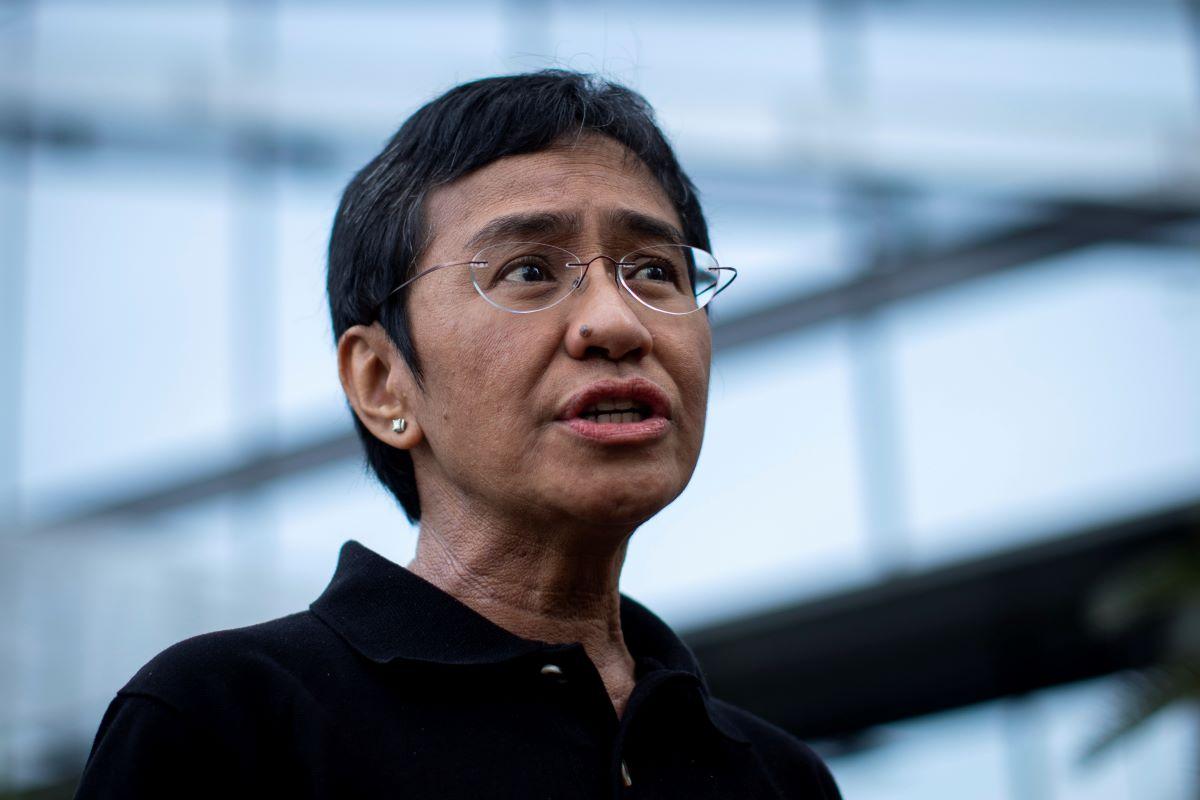CTA affirms acquittal of Maria Ressa, Rappler in 5th tax case

The Court of Tax Appeals (CTA) has affirmed the acquittal of Nobel Laureate Maria Ressa and Rappler Holdings Corporation (RHC) in their fifth tax evasion case over their supposed failure to declare tax in 2015.
In a 17-page decision promulgated in July, the CTA Second Division denied a petition seeking to overturn the acquittal of the Pasig Regional Trial Court (RTC) Branch 157 for lack of merit.
“In fine, absent any showing that there was mistrial that amounts to a denial of Petitioner’s rights to due process or that Public Respondent committed an error of jurisdiction in the appreciation of the evidence presented by the parties, certiorari will certainly not lie,” the CTA said.
In November 2018, the government accused Ressa of failing to declare "correct and accurate" information in quarterly sales receipts from RHC's issuance and sale of Philippine Depositary Receipts (PDR) worth P2.45 million to NBM Rappler.
This allegedly resulted in a value-added tax (VAT) deficiency of P294,258.58, excluding surcharge and interest, to the damage of the government.
In September 2023, the RTC acquitted Ressa and RHC of violation of Section 255 of the National Internal Revenue Code (Tax Code) “on the ground that they did not commit the offense charged in the information.”
The court also dismissed the civil aspect of the case.
This prompted the Office of the Solicitor General (OSG) to file the present petition before the CTA, asking the court to declare null and void the Pasig court’s resolution and declare Ressa and RHC guilty beyond reasonable doubt.
It also asked the CTA to order Ressa and RHC to pay P294,258.58.
The OSG argued that the court committed grave abuse of discretion when it “deliberately ignored the prosecution’s overwhelming evidence” that the RHC and Ressa wilfully failed to declare tax and when it supposedly misinterpreted the law and ruled that no civil liability may be given to them
In its ruling, however, the CTA found that the RTC did not commit grave abuse of discretion. It said that records showed that there was no violation of the petitioner’s rights and it was given ample opportunity to present its case.
“It was able to present and formally offer its evidence. Also, a plain reading of the assailed Decision shows that Public Respondent considered Petitioner’s evidence, both testimonial and documentary,” the CTA said.
“In fact, Petitioner’s multiple witnesses were examined before the witness stand,” it added.
The CTA also stressed that a writ of certiorari will only correct errors of jurisdiction and not errors or mistakes in the findings and conclusions of the trial court.
“We find that there is no grave abuse of discretion amounting to lack or excess of jurisdiction on the part of the trial court,” it said. —VAL, GMA Integrated News




